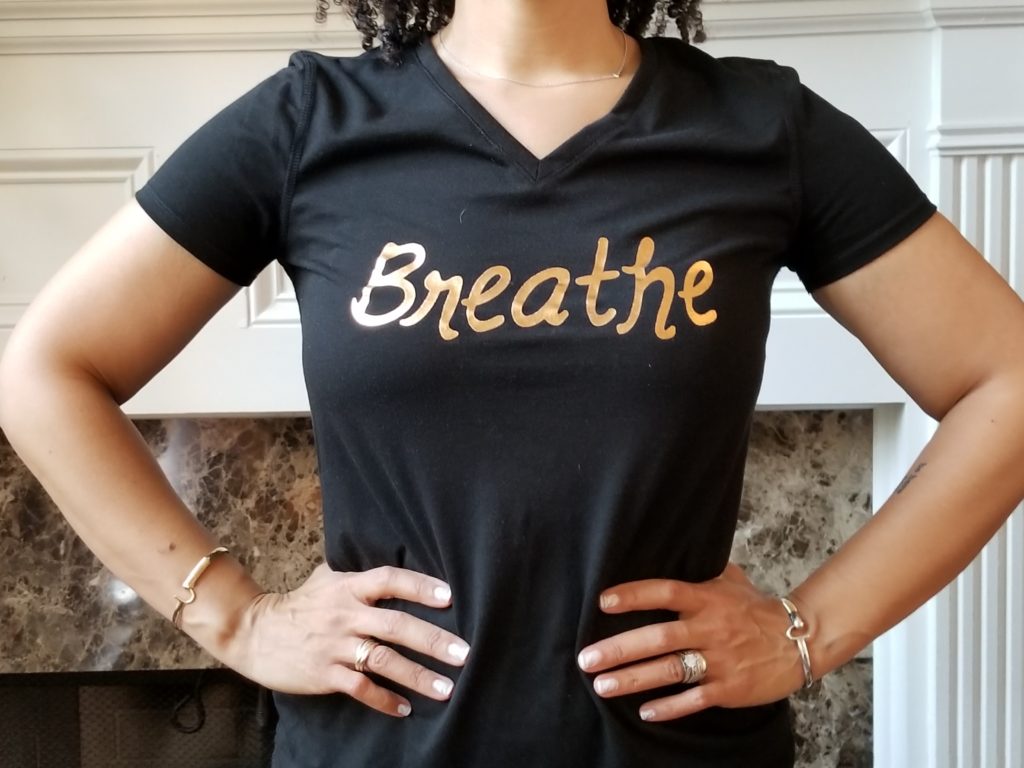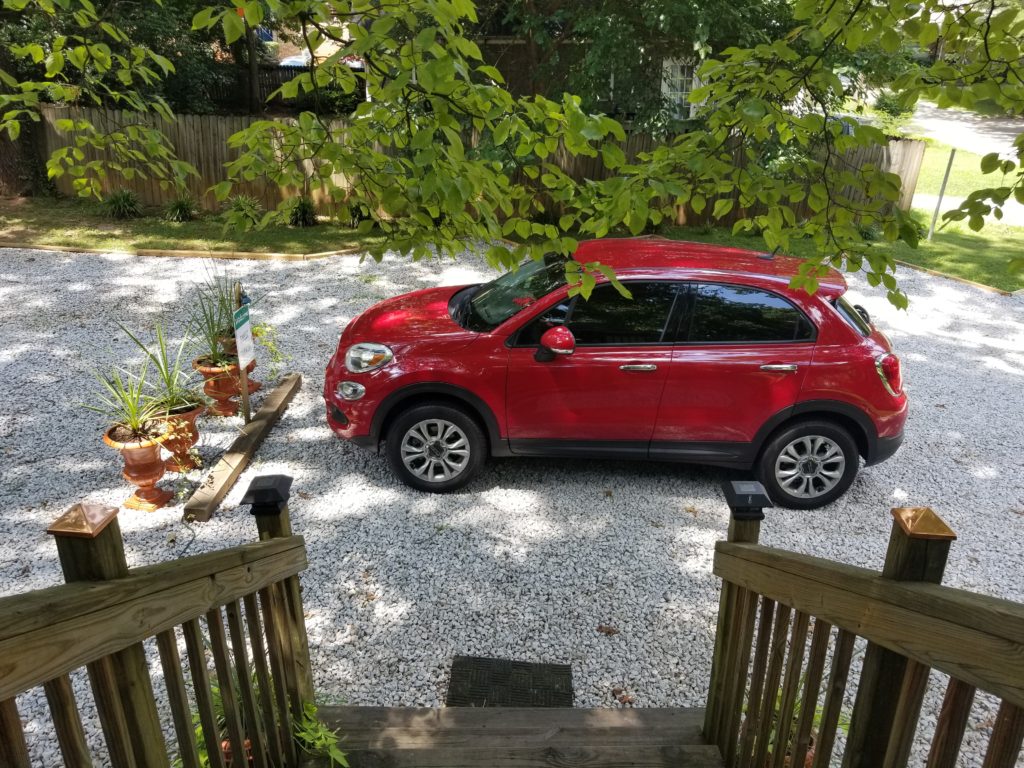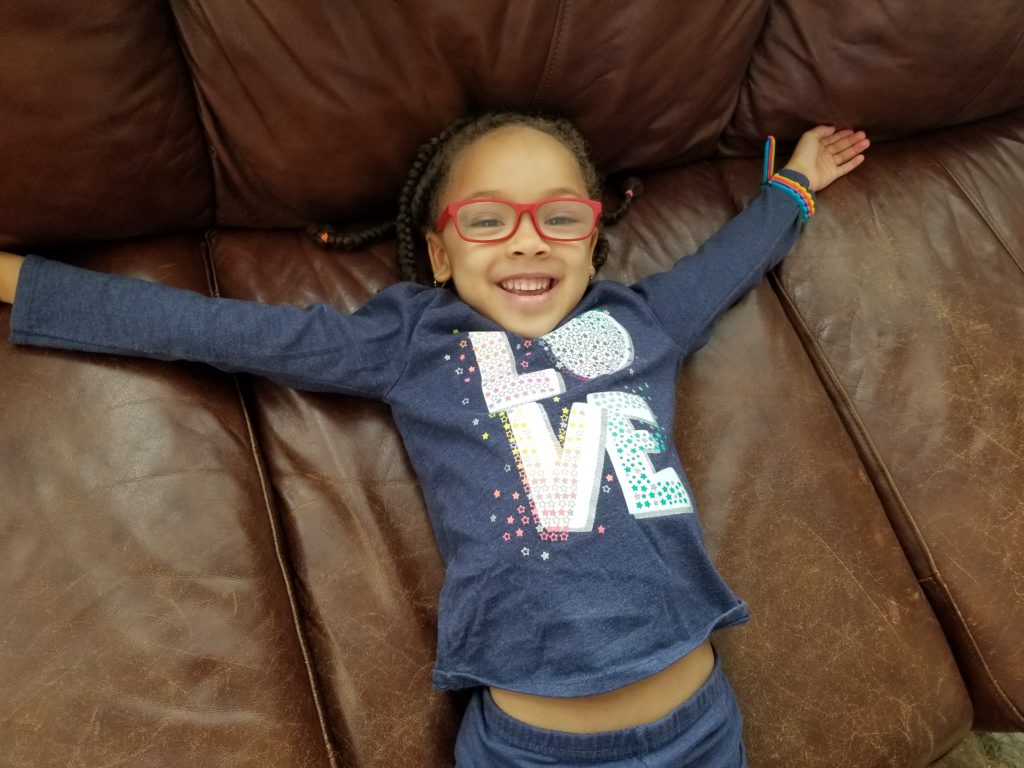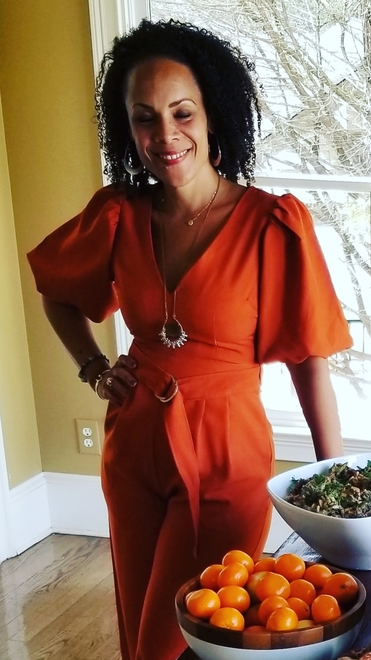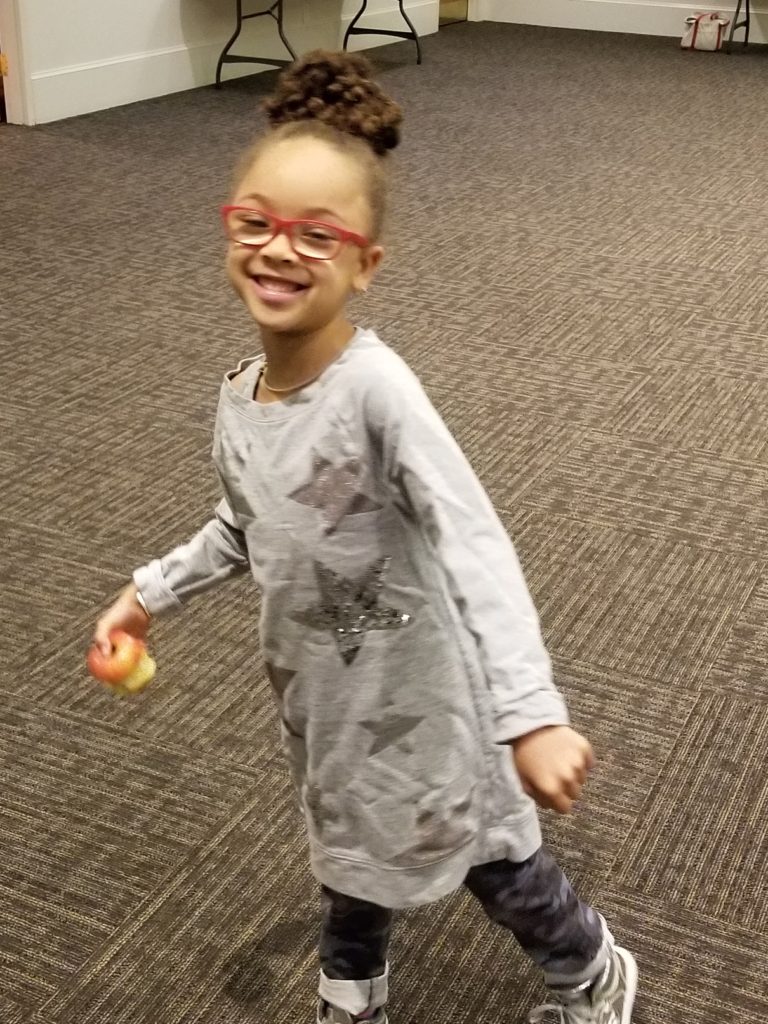Happy New Year! Welcome to the beginning of 2021 and the start of a whole new year. I don’t know what it is, but whenever a new year starts, it seems like a gift. It’s almost as if we get a “start over” pass. It doesn’t really make sense – as humans, we are the ones who designed the calendar we use, and one day called January 1st is just a construct we designed. It doesn’t really change things to name one day belonging to 2020 and the next belonging to 2021.
And yet, it feels different to start a new year. 2020 was a lot to manage! Between the 100 year pandemic, the acceleration of the polarization of people around the globe, the elections and the political landscape, and the resurgence of the racial and social justice movements, each day had plenty to occupy the mind. I think I listened regularly to the news more than I ever have. There were moments when it was better to check out of being connected to social media and the news cycle, if only for my own sanity. This was the year I started to understand on a personal level how the effects of social media increase anxiety. I’m already wound pretty tight (my family lovingly has labeled me forever type A), but too much fuel from arguments on Facebook or podcasts could work me into an impatient, angry, worried mess who couldn’t shut my brain off to sleep.
So I get it. Our environment affected all of us in 2020. So many of us were adjusting to unplanned homeschooling, working from home, learning to become Zoom experts, and collecting masks like it was our job. Being separated from family, friends, and church was isolating (and restful sometimes!). There were so many things changing at once that people everywhere were struggling to cope. I knew early on that we were suffering when I watched how much harder it got for our mental health colleagues to care for people – the capacity just wasn’t there to meet the need for help with the sharp spike in anxiety and depression. I had more women come in to tell me that their hormones were out of whack, when really they were incredibly anxious, not sleeping, and eating away their stress.
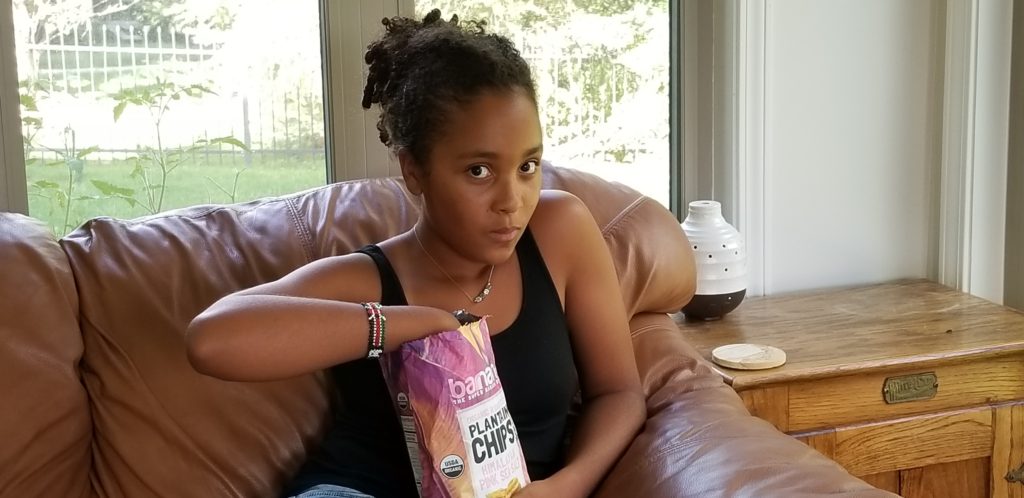
“COVID weight” became almost a joke. Except it really wasn’t funny, especially not to the women who’d gained it. I heard people try to blame it on being stuck at home and not being able to get to the gym or being around their kids who ate all day long. But that wasn’t the only option, because I helped people lose weight this year. People had more time to schedule time to walk because they weren’t commuting, and there was more opportunity to cook at home instead of eating out, especially when some restaurants were closed temporarily. We had the chance to control our food and our portions and our minds – and so many of us didn’t.
Why not? It’s easy to beat ourselves up and be upset about the weight gain, to start an uber-restrictive weight loss plan with the intention of whipping ourselves into shape for the new year. Of course, it’s a new start and we can choose to make this a different year, right? Yes, we can. We can decide anything we want and act from our beliefs. But here’s the thing: We didn’t eat away our stress and make decisions we didn’t like about our eating because we wanted to. We did it because we didn’t know how to what else to do. So how are we going to be different so we can do differently this year? We’re still in a pandemic, cases are still rising, shutdowns and lockdowns are still happening. It’s still an uncertain world and we have to navigate it, even as we start a new calendar.

Here’s a thought that may help: It’s always been an uncertain world. We think we know what will happen day-to-day and we make plans, but we really don’t know what’s coming. We never have. We can realize that we ignored the uncertainty in the past and acknowledge that it was always there. We are not God, and we never knew what the future held. Nothing has changed from that perspective. We still can’t predict the future, and we can live on anyway. Not knowing the future doesn’t have to drive us to overeat or overdrink or be anxious. We can manage our thoughts, the one thing we actually can control. And we keep on living, we make our plans, we take care of what we can. We can honor our eating plan, and be around the snacks and kids without eating away stress or boredom or worry. We can lose the COVID weight, we can be in better health in mind, body, and spirit during the pandemic than we were before, and we can have joyful and grateful lives no matter what the calendar or news says. That’s the way to start a New Year!

I hope this helped you as you make your plans on how you want to enter 2021. But I know that getting there takes work and isn’t as easy as reading a blog post. The best way to learn to manage your mind and make progress on managing your stress so you can stop eating it away is to get help. As a physician life and weight loss coach, I can help you learn to manage your mind so you don’t want to eat when you feel stress or anxiety or boredom. I can help you drop the weight and find the balance you need. Don’t try to do it all alone. You can go further with a coach. If you want to get going, email me at drandreachristianparks@gmail.com and we’ll set up a mini-session so you can get immediate free help!
Here’s your video for the week! Let me help love you into the New Year!


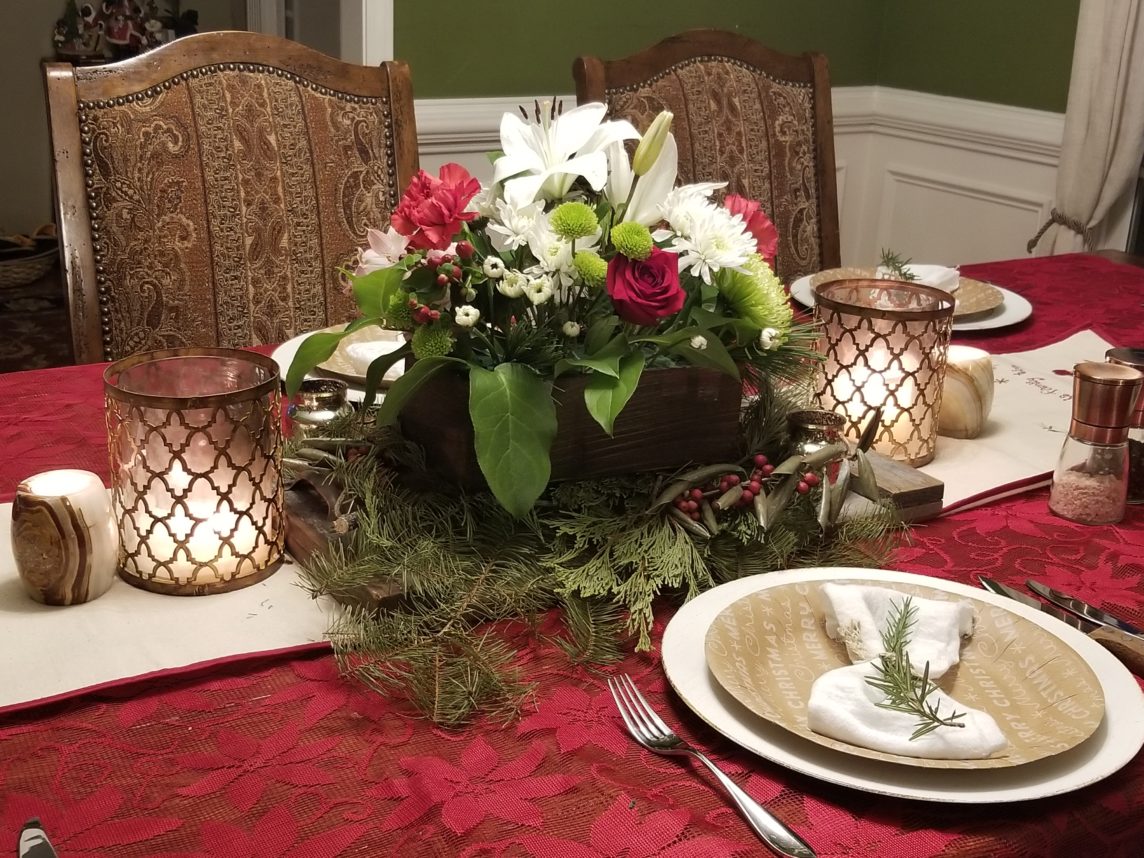
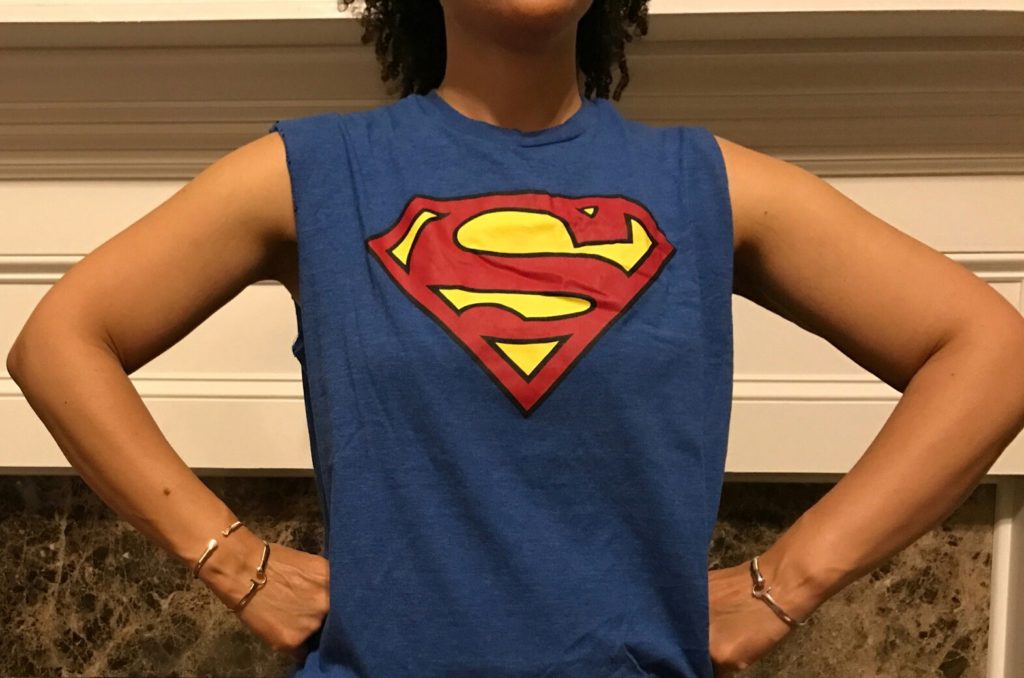



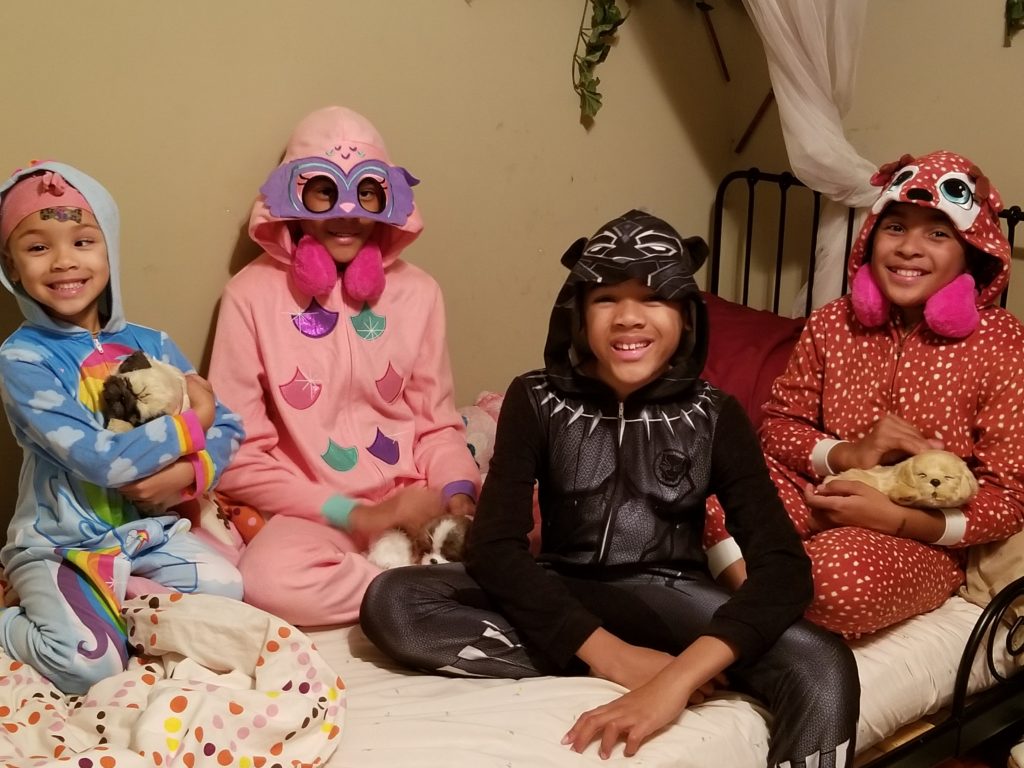


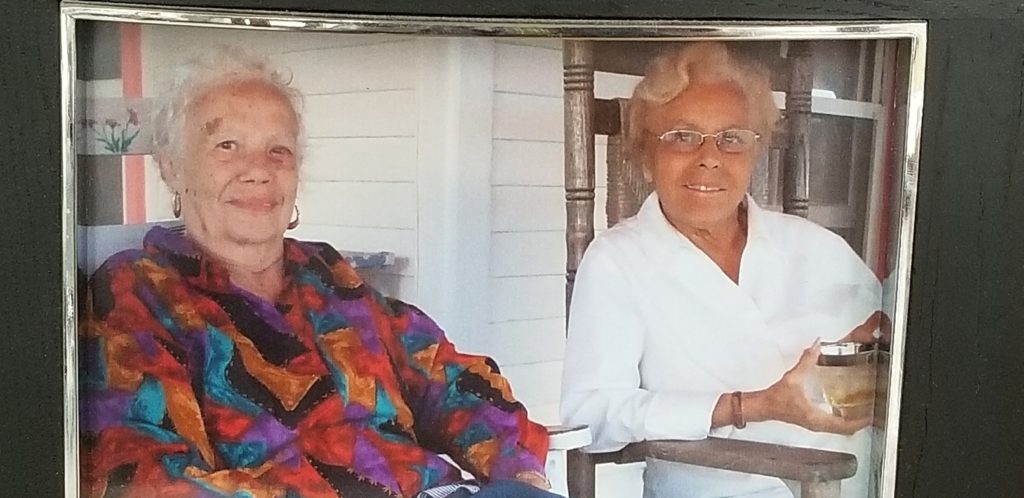 My grandmas. together…
My grandmas. together…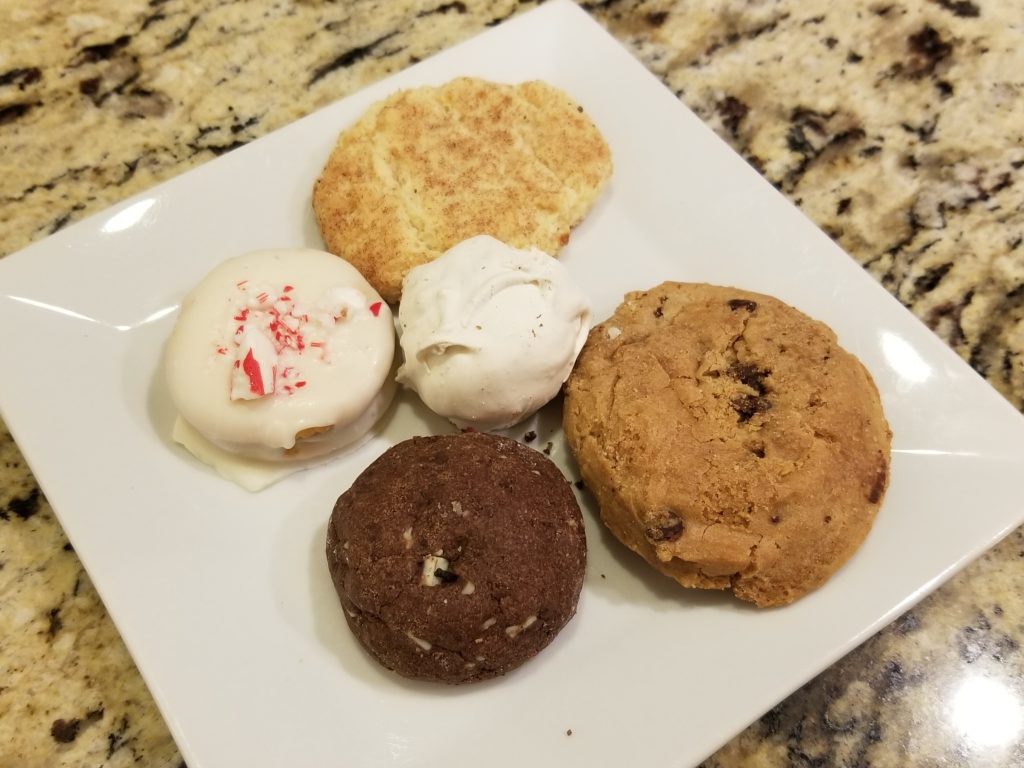
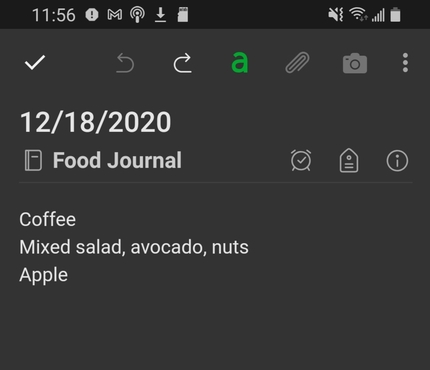


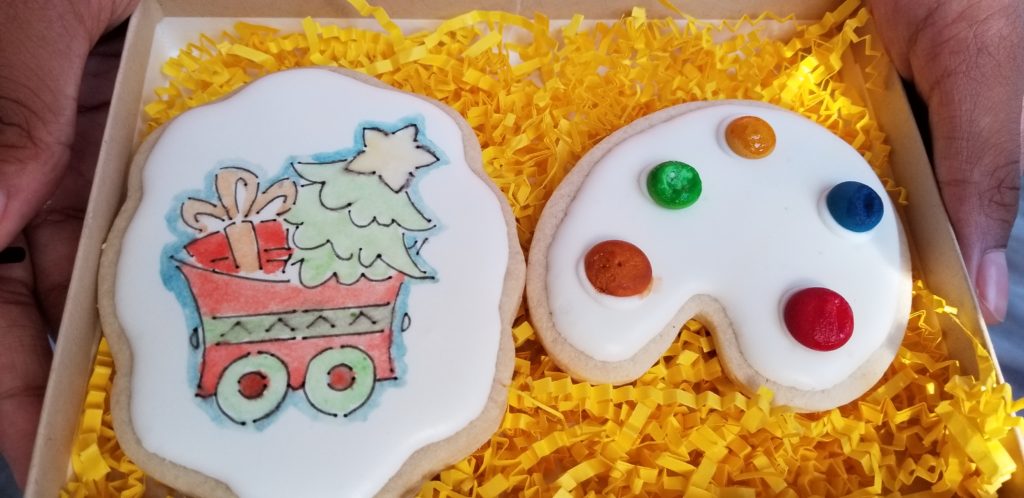
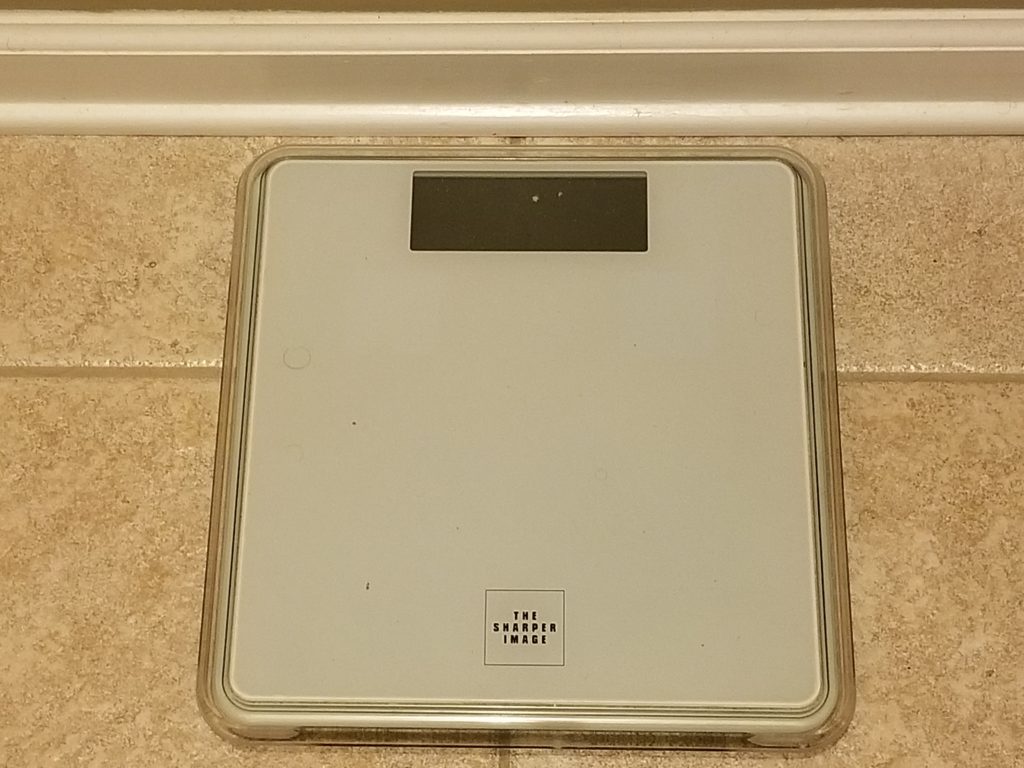

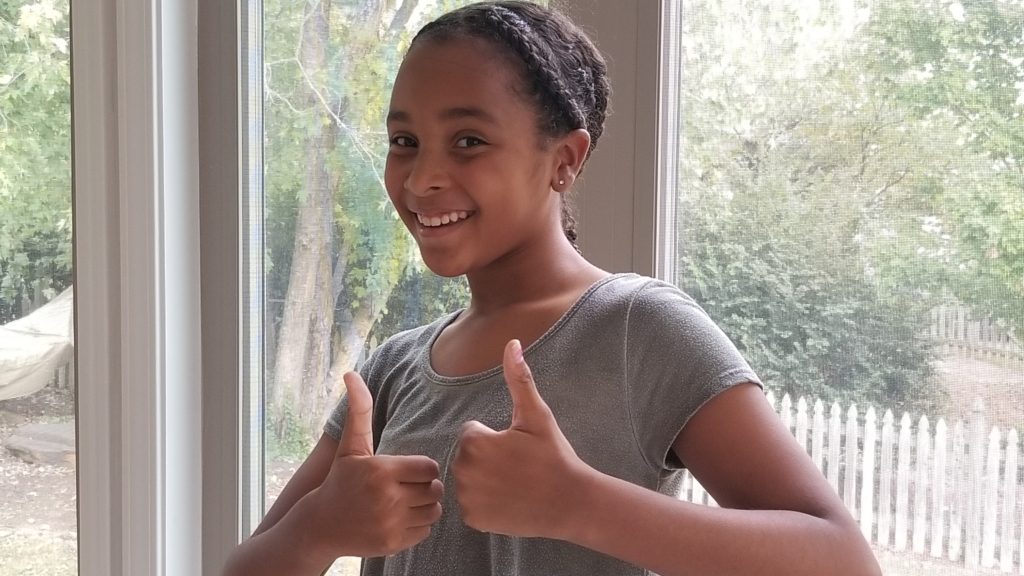
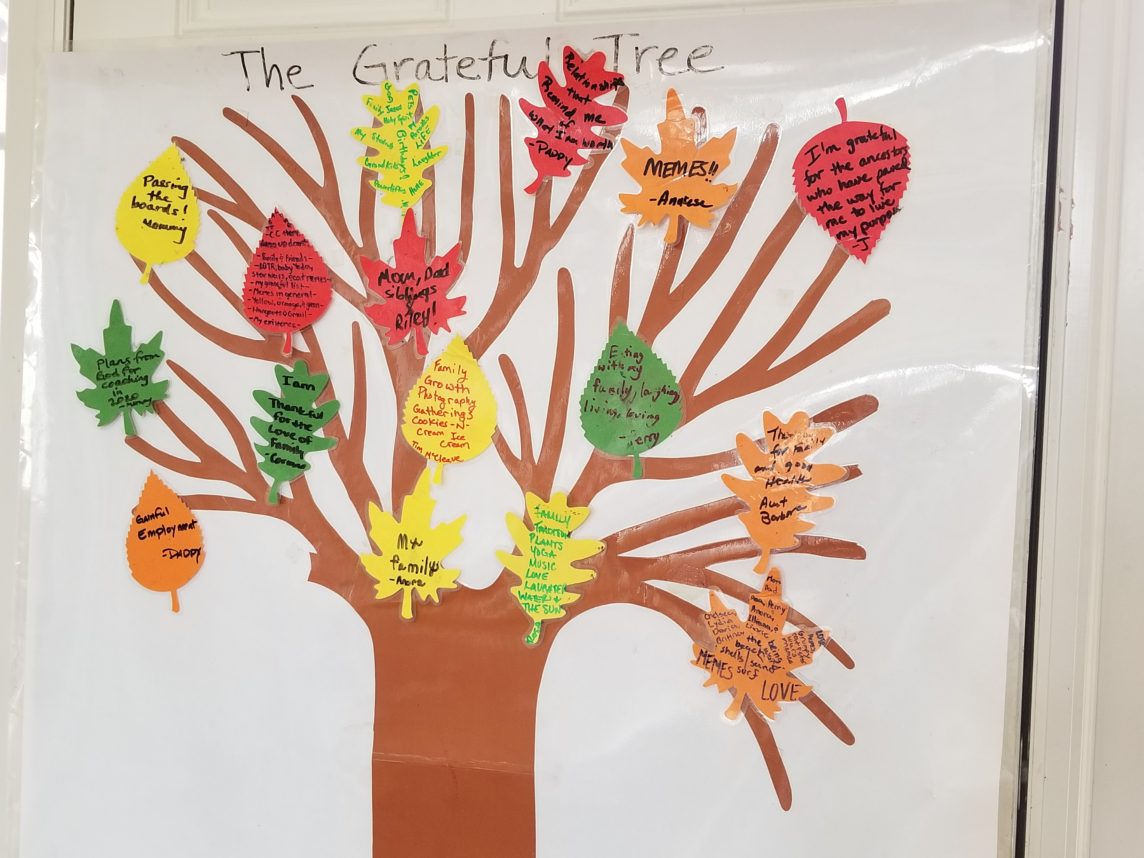

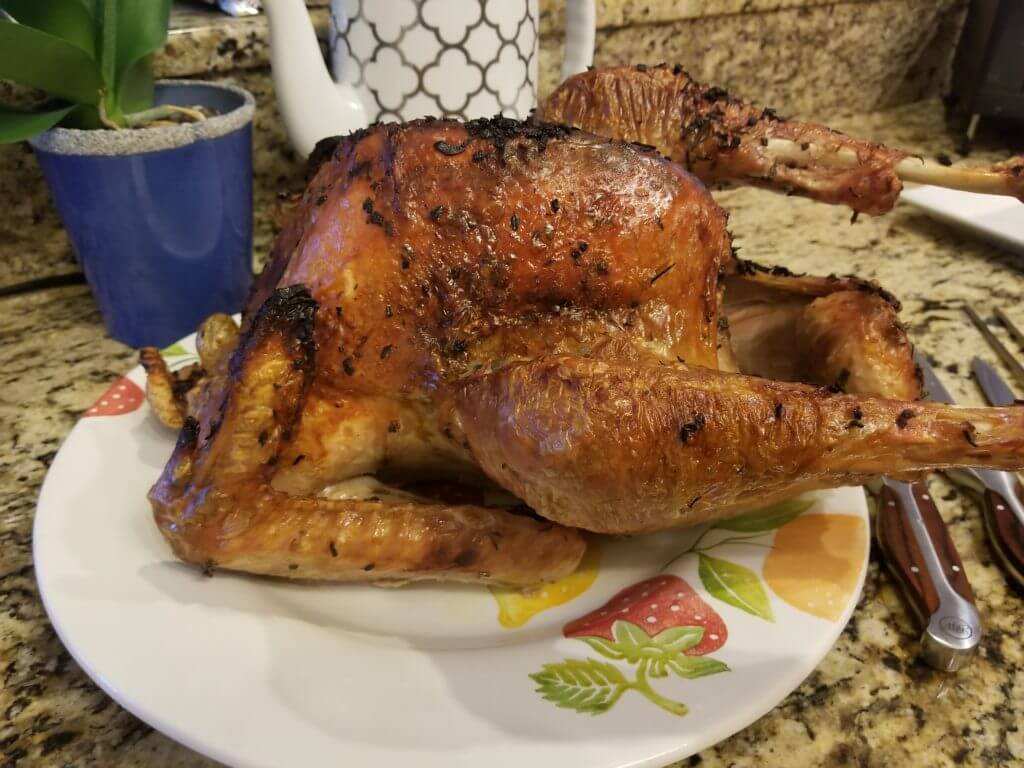

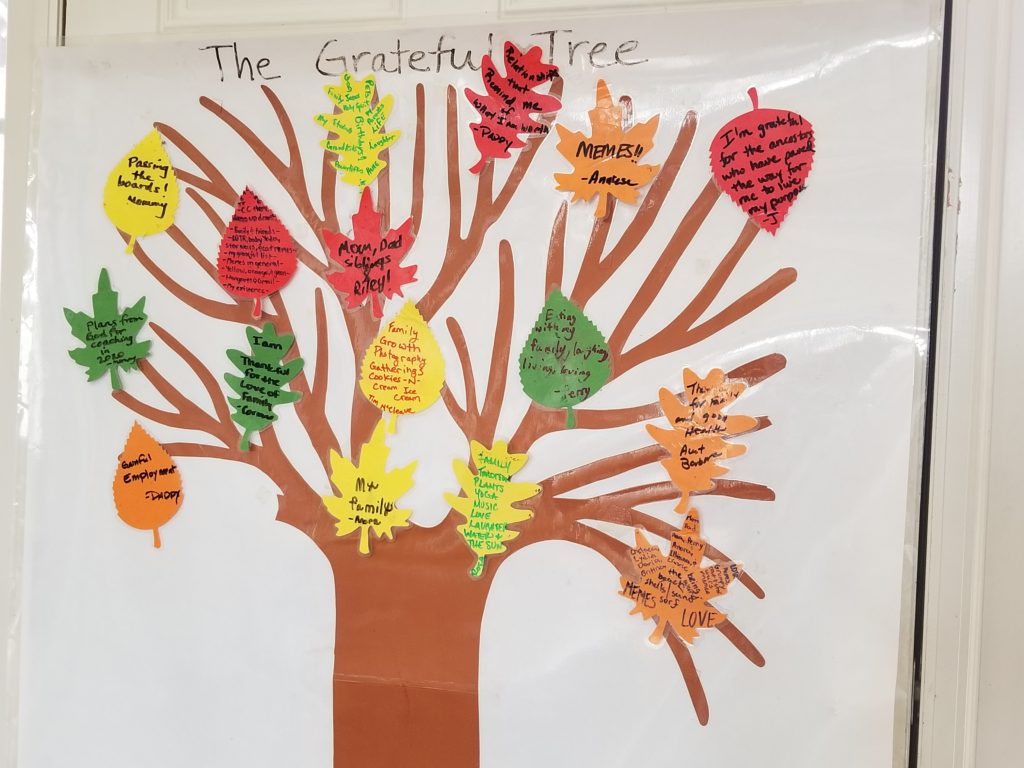

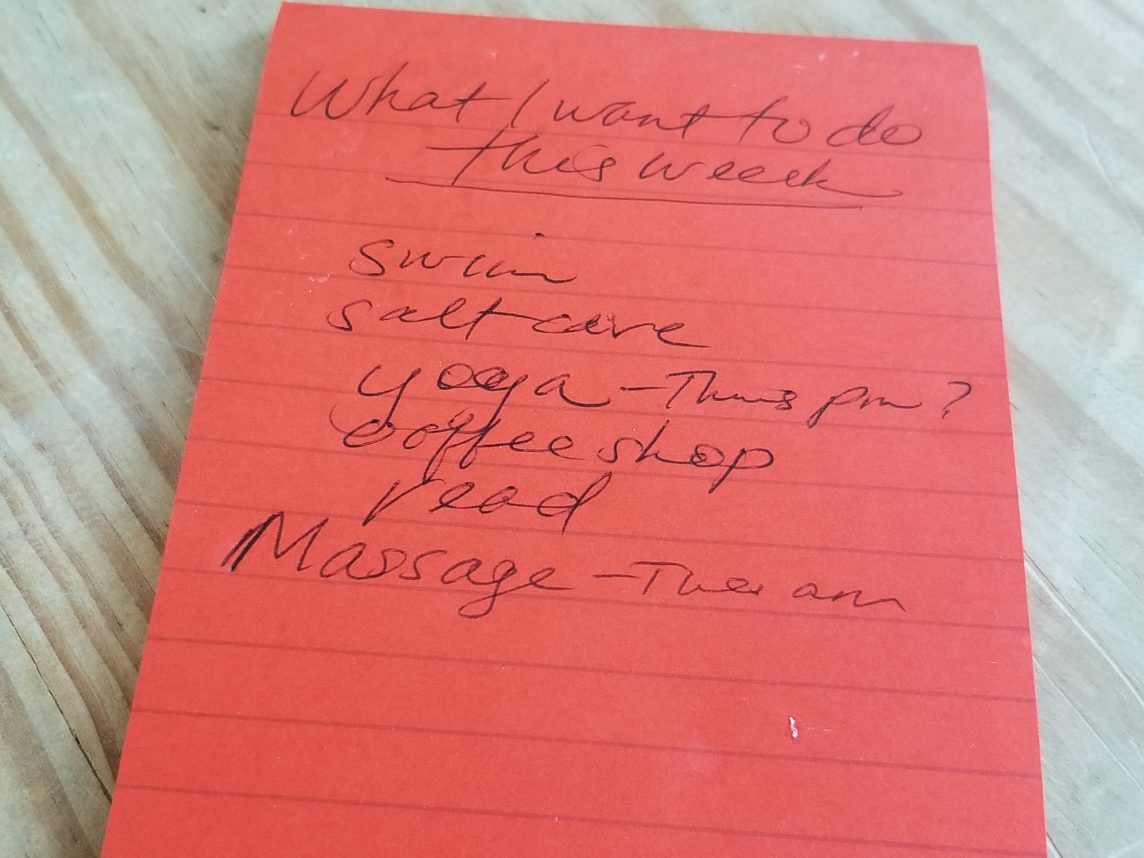
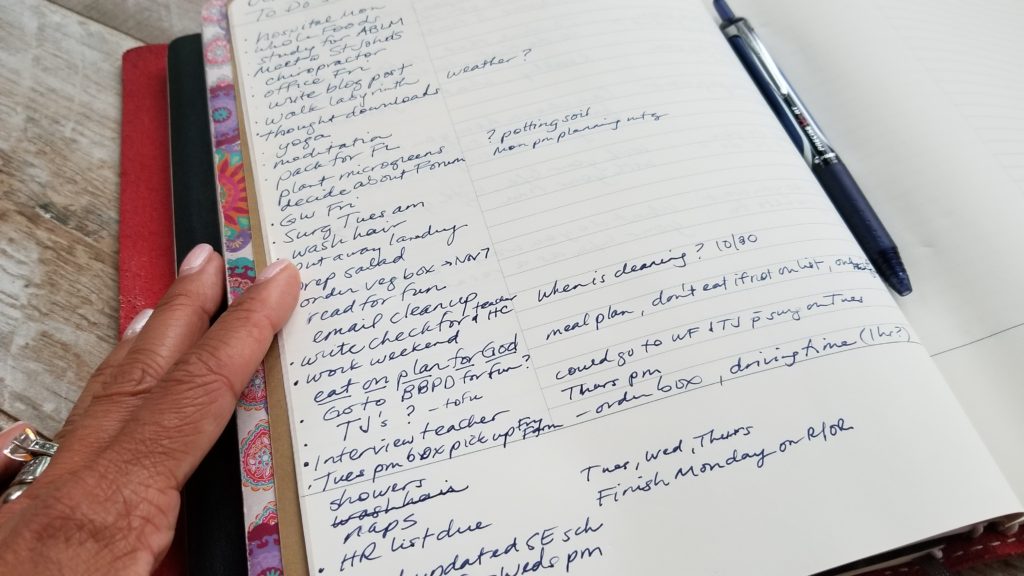

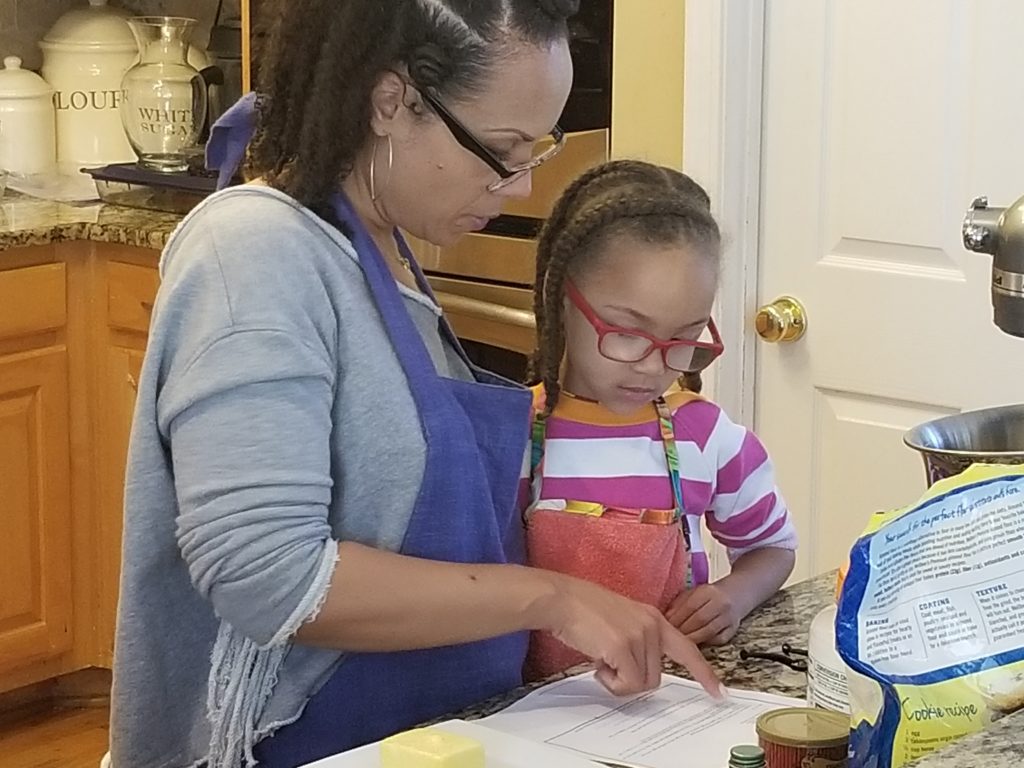

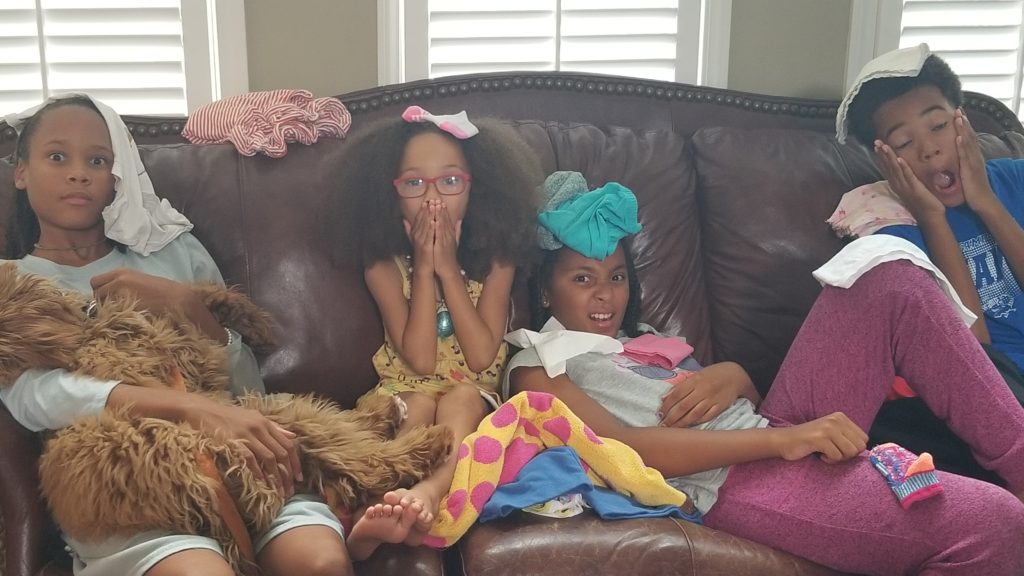
 Yep, that’s a huge pothole…
Yep, that’s a huge pothole…